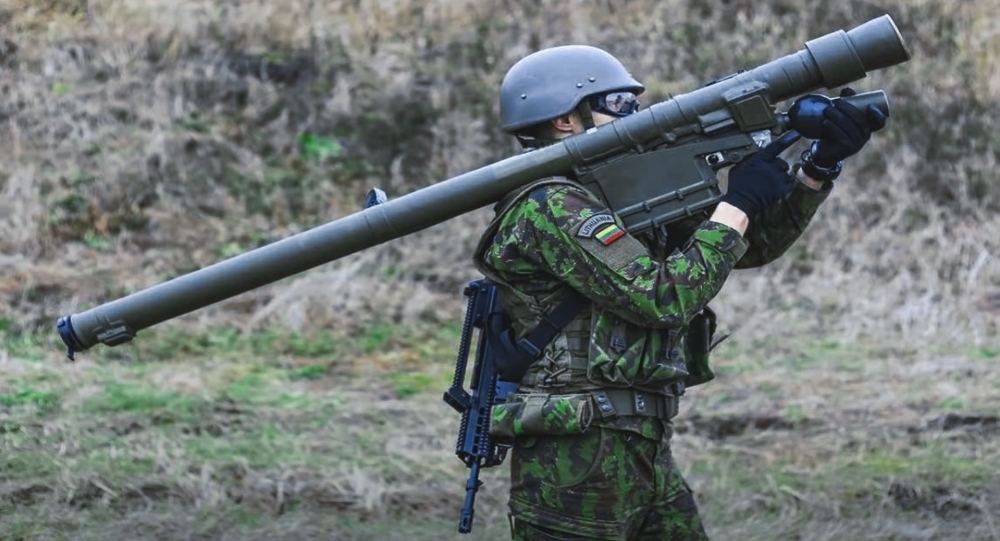Polish Armaments Group (PGZ) has accelerated the development of a new anti-air missile referred to as Grzmot (Thunder) that is to replace the existing Piorun (Thunderbolt) missile produced in PGZ’s Mesko defense technology plant in southern Poland.
Mesko’s new missile will be equipped with an improved warhead and have a range of 10 kilometers compared to 6.5 kilometers for Piorun. “The design will be a manifestation of the capabilities of Poland’s armament industry,” reported the Rzeczpospolita newspaper.
“We plan to conduct the first flight tests of the Grzmot design in 18 months,” announced Mesko Deputy CEO Przemysław Kowalczuk. “Companies and research facilities working with Mesko are in full mobilization,” he added.
The Grzmot project has a higher chance of succeeding due to the accomplishments of its predecessor, Piorun, in the Russo-Ukrainian conflict, where it is being used by Ukrainian troops to down multiple Russian aircraft.
Kowalczuk said the Polish missile project will be reinforced with technologies acquired from American Raytheon, the company behind the Patriot systems, and the European missile maker MBDA UK, the supplier of CAMM missiles to Poland.
Leading Polish munition companies and institutes have joined the consortium working on the Grzmot missiles.
Meanwhile, the Mesko plant is producing Piorun MANPADS at full capacity. At the beginning of January, Mesko signed a contract to provide Piorun MANPADS to one of the Baltic States. Earlier, in September, Defense Minister Mariusz Błaszczak said that Piorun systems were ordered by Estonian armed forces as well.
CEO of Polish Armaments Group Sebastian Chwałek revealed last year, in mid-August, that the production capacity of Pioruns in 2023 will exceed 1,000 units. Poland’s defense ministry approved the procurement of 3,500 missiles and 600 launchers for Piorun MANPADS for the Polish Armed Forces last June.






